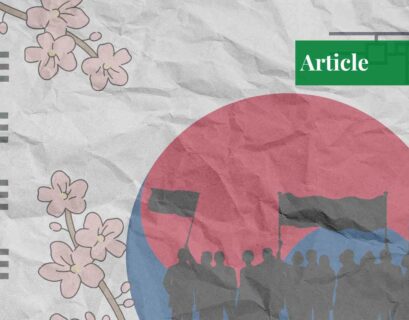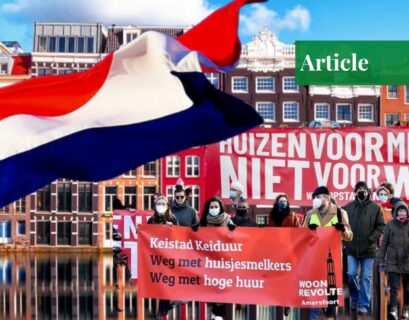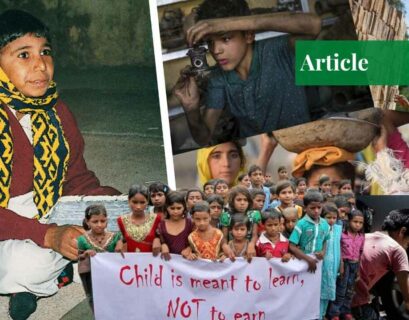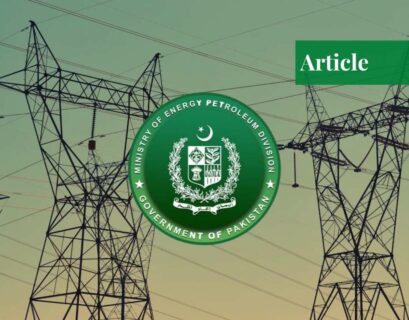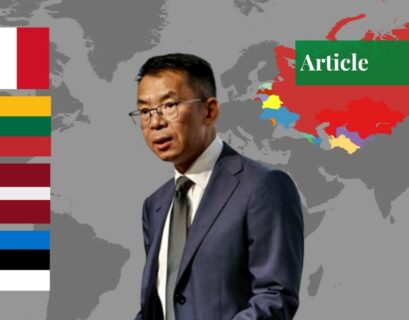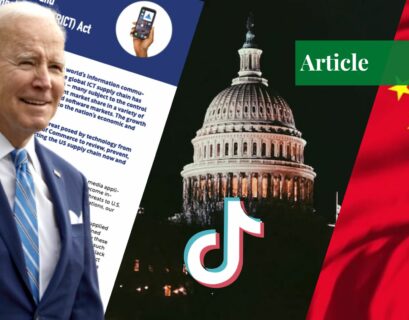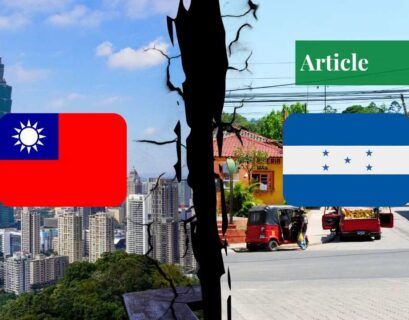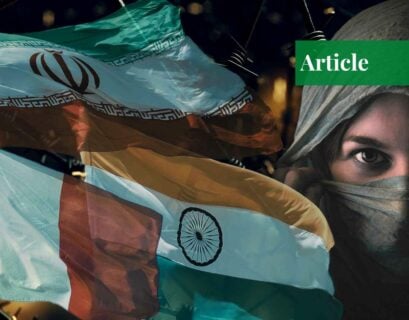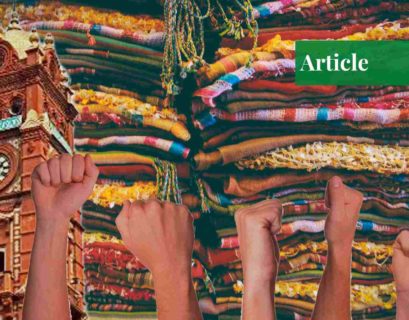Working Hours in South Korea: A Matter of Debate and Resistance
The proposal to increase weekly working hours from 52 to 69 in South Korea was met with immense resistance.
Maryam Jilani observes that the proposal was quickly dismissed after demonstrations left the government with no choice but to yield to the will of the public.
The Housing Crisis in the Netherlands
The housing crisis in the Netherlands faces a growing shortage of houses as a result of price controls.
In Amsterdam alone, a shortage of about 10,000 to 15,000 apartments has been predicted for 2030.
Dutch society also heavily experiences government regulations, permits, and taxes that pose a challenge to affordable housing.
Remembering Iqbal Masih’s Story
The rampant child labor in Pakistan is the consequence of the living conditions due to poverty, illiteracy, unemployment, and government inaction.
We remember the story of Iqbal Masih who relentlessly fought for his freedom from the chains of slavery. Even after his untimely death, Iqbal’s efforts against child labor continue to resound throughout the nation.
Exploring Pakistan’s Energy Sector: Sources and Trends
Similar to many developing nations, Pakistan has been experiencing a serious shortage of energy for almost 20 years.
The nation’s meager domestic oil and gas reserves are running out quickly, while coal and alternative sources of energy are difficult to harness.
Maryam Jilani gives a comprehensive overview of the regulators of the energy sector, the sources of energy production, as well as the patterns of energy consumption in Pakistan.
Questioning the Sovereignty of the Baltic States
France, Estonia, Latvia, and Lithuania were outraged that China’s ambassador to France, Lu Shaye, would question the sovereignty of Ukraine and all former Soviet Republics, including the Baltic republics.
Mr Lu’s statements have crumbled the confidence in China to serve as a mediator between Russia and Ukraine. Additionally, his remarks imply that the former Soviet Union nations lack legal standing in the eyes of the international community.
Is TikTok China’s Weapon for Intellectual Warfare?
TikTok’s origins can be traced back to Vine and Musical.ly, but is the app more sinister than people realize?
The US certainly seems to think so.
Citing security risks, the US has introduced two bills: the ‘Deterring America’s Technological Adversaries’ (DATA) Act and the ‘Restricting the Emergence of Security Threats that Risk Information and Communications Technology’ (RESTRICT) Act.
It is believed that TikTok is part of China’s larger plan of brain warfare which includes everything from misinformation operations to contemporary weaponry that can target cognitive ability.
Honduras and Taiwan Part Ways
On 26th March, Honduras formally announced the recognition of the ‘One-China policy’ thus severing ties with Taiwan.
China and Honduras have now decided to establish diplomatic relations.
Maryam Jilani shares the history between Honduras and Taiwan as well as China’s growing influence.
The Pension Fiasco in France and the UK
President Macron’s decision to bring pension reforms in France has been met with displeasure from the citizens who find the increase in the legal retirement age—from 62 to 64—particularly concerning.
Such resistance, in Maryam Jilani’s opinion, is in sharp contrast to the UK’s silent submission of the discriminatory gender pension gap.
The French labor strikes are effectively mobilizing citizens thus showing the strength and hold of the unions.
Women’s Mobility in Karachi: The Pink Bus Initiative
Mobility is a challenge for many women around the world, but especially in Pakistan.
Maryam Jilani explores infrastructure and how it causes gendered inequalities. She applauds the pink bus service in Karachi and encourages initiatives and infrastructure for gender-inclusive access.
Jamaica’s Ban on Degenerate Entertainment: Moral Policing or Crime Preventer?
On 11th October, the Broadcasting Commission of Jamaica issued a directive that outlawed music and tv shows supporting crime, violence, and drug use, among others. Maryam Jilani considers the recent ban an example of moral policing rather than a crime curative measure.
Green Menstruation in India: Accelerating Women’s Progress
Maryam Jilani traces the development and awareness of menstruation and menstrual products in India. Beginning with Arunachalam’s ingenious machine, to the present call for sustainable and green menstruation.
Maryam believes that the collective efforts to deliver and emphasise the significance of accessible and sustainable menstrual products will accelerate Indian women’s progress.
The Politics of the Veil in France, India & Iran
Maryam Jilani studies the narratives of women’s emancipation and agency in three countries: France, India, and Iran. While the three of them have dissimilar geographical, cultural, and political climates, one common feature would be the weaponisation of veiling and how it is used to marginalise and discriminate against specific fractions of the population.
The Changing Landscape of Faisalabad’s Textile Industry
Maryam Jilani describes the strikes that occurred due to the disputes between employers and workers in the various power looms of Faisalabad. She also comments on the importance of the Labour Qaumi Movement (LQM), an organisation of power loom workers, and how they were able to secure pay raises and social security guarantees.
